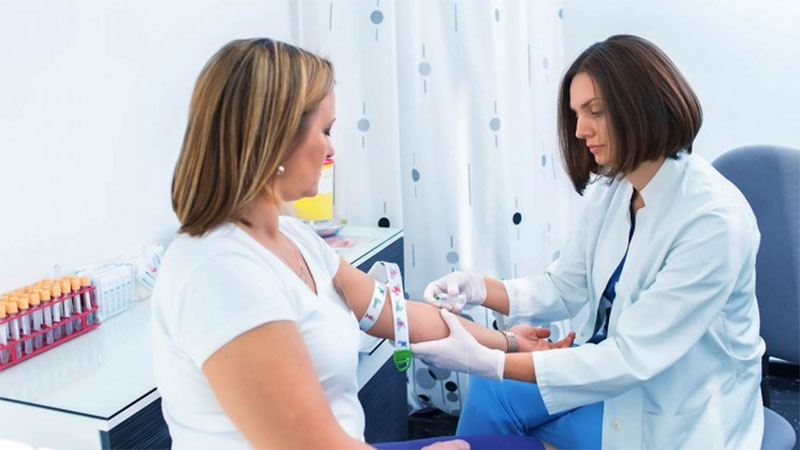How Early Testing Can Help You Beat or Avoid Cancer
Studies predict that about 5-10% of cancer risk is hereditary, meaning that it comes directly from inherited genes. If you know that your family has a history of cancer, and what forms it has taken, it can give doctors insight into your future risks. Through genetic testing, doctors can screen for cancer-associated genes that might have otherwise been missed.

There are many different types of cancer that have genetic tests available that allow patients to better determine if they are likely to develop cancer. The most well-known of these is the BRCA1/BRCA2 test for breast cancer, as well as tests for ovarian cancer. When combined with a family history, getting tested for breast and ovarian cancer has helped a lot of people make decisions with their doctors for the management of these risks. If positive for these genes, monitoring can be stepped up to prevent cancer from developing undetected. Some people have even used this information in combination with consultation with their doctor to undergo preventative treatment and surgery to head off the possibility of developing breast cancer ahead of time.
However, these choices are only available if you are screened and tested for cancer-associated genes ahead of time.
Currently, screens exist for:
- Digestive tract cancers such as colon and stomach cancer
- Endocrine system cancers like thyroid, prostate, and pancreatic cancer
- Skin cancers like sarcoma and melanoma
- Kidney cancers and other types of cancer
By identifying the specific genetic mutation that you have, more targeted recommendations for management can be made. Different genes carry different risk factors with lifestyle choices, environmental exposures, and dietary choices. They also have radically different symptomologies. By knowing all of this upfront, you can have the ability to make the best choices for your health.
If you test positive for a cancer-related gene there are also major benefits from early and proactive screening. Knowing what type of cancer you have alters how it is treated, with different kinds of chemotherapy, radiotherapy, and surgical options are available. This can all improve the outcomes of cancer treatment.
Overall, getting tested for any cancers that you might be at risk for can be a huge benefit to your long-term health, peace of mind, and for your doctors as they try to manage your health. It can surface information and symptoms that might have otherwise been overlooked. If you are interested in getting screened, here are a wide panel of genetic tests that can help you and your doctor chart you a course towards good health and longevity.
Sources:
https://www.cancer.org/cancer/cancer-causes/genetics/understanding-genetic-testing-for-cancer.html
https://www.integratedgenetics.com/patients/hereditary-cancer
https://www.cancer.net/navigating-cancer-care/cancer-basics/genetics/genetic-testing-cancer-risk



